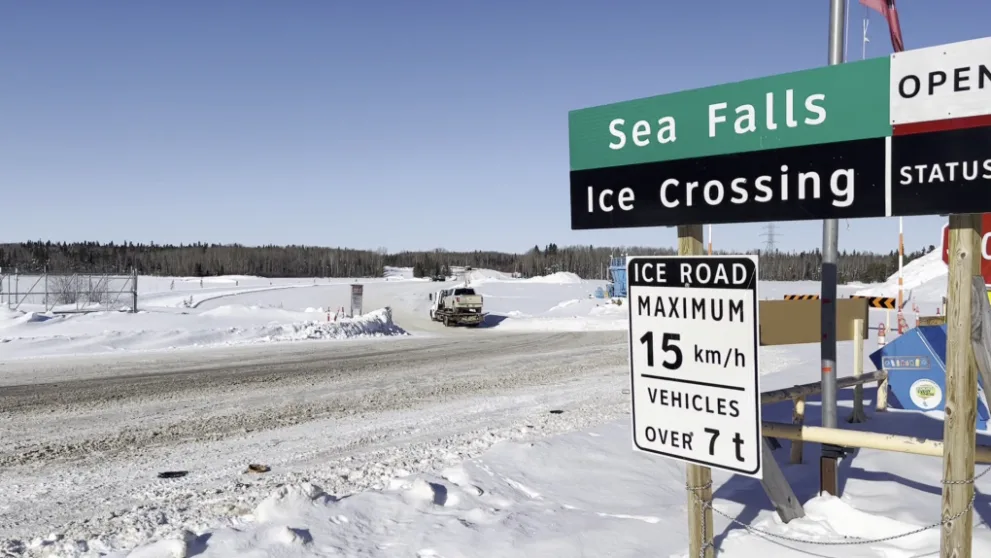Winnipeg – Winter roads are a vital lifeline for remote First Nations, enabling the delivery of essential services and supplies to communities during the winter months. The Government of Canada is dedicated to working in partnership with First Nation communities and the Province of Manitoba to integrate the knowledge and experiences of First Nation leadership into winter road planning and climate adaptation strategies. This collaborative approach will enhance resilience and sustainability of the winter road network in the face of changing climate conditions.
First Nations leaders gathered in Winnipeg with Patty Hajdu, Minister of Indigenous Services. This meeting, co-hosted by the Assembly of Manitoba Chiefs (AMC), follows the roundtable held earlier this month in Ontario and provided an opportunity to discuss innovative solutions to the challenges faced by First Nation communities that rely on winter roads.
During the meeting, Minister Hajdu announced up to $20 million in additional funding over four years, beginning in 2024, to support upgrades and improvements to winter roads in Manitoba. The funding will be guided by the input of First Nations communities to ensure the uninterrupted delivery of essential goods and supplies.
Winter roads are essential and require collaboration between orders of government. While the Province of Manitoba is responsible for the winter road network, the Government of Canada, through Indigenous Services Canada (ISC), supports the province and First Nations with funding for the construction and maintenance of these roads. In the 2023-24 fiscal year, ISC allocated $8 million to support the winter road network and expects to provide a similar allocation, adjusted for inflation, for the 2024-25 winter road season.
The Government of Canada will continue to collaborate with partners to improve efficiencies in permitting processes for roads and water crossings.
“Climate change is being felt throughout Canada. Perhaps nowhere is that more acute than the impact it is having on winter roads, which are a lifeline for many Indigenous communities in the North. The challenge of adapting to unpredictable winter road seasons is huge, but we continue to be there for First Nations to work on adaptive strategies as they continue to prepare for the upcoming season.” Patty Hajdu, Minister of Indigenous Services
Also, Patty Hajdu, Minister of Indigenous Services and Terry Duguid, Member of Parliament for Winnipeg South, joined Chief Kerwin Chaboyer of O-Chi-Chak-Ko-Sipi First Nation, Chief Larson Anderson of Norway House Cree Nation, Chief Doreen Spence of Tataskweyak Cree Nation, Chief Shirley Ducharme of O-Pipon-Na-Piwin Cree Nation, and Chief Dino Flett of Garden Hill First Nation to announce progress on school projects in each of their communities.
These five projects are part of the investments outlined in Budget 2024 and include:
- O-Chi-Chak-Ko-Sipi First Nation: Construction of a new kindergarten to Grade 12 school and housing for teachers.
- Norway House Cree Nation: Renovations and building improvements to Helen Betty Osborne Ininiw Education Resource Centre and Jack River School.
- Tataskweyak Cree Nation: Design for a new elementary and secondary school in Tataskweyak Cree Nation
- O-Pipon-Na-Piwin Cree Nation and Garden Hill First Nation: Feasibility studies and designs for new schools.
All projects are at various stages in the project planning process that will continue into 2025.








